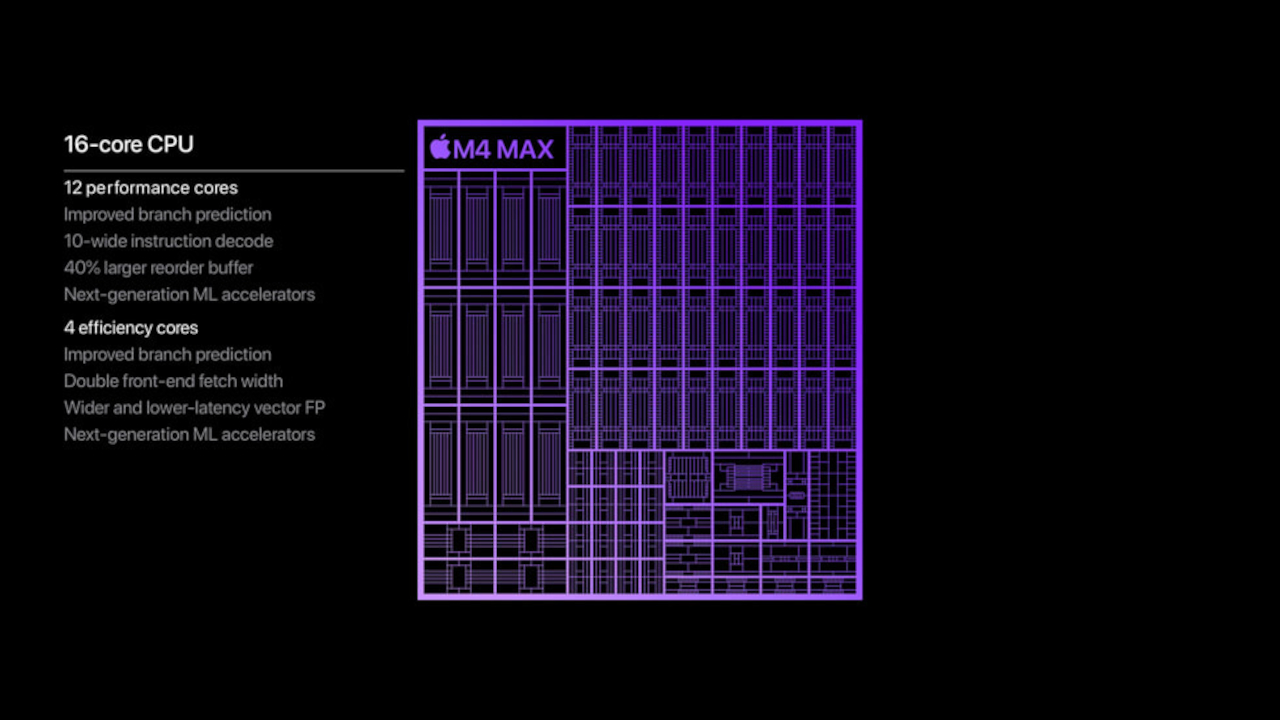MacBook Pro M4 vs MacBook Pro M3: Biggest upgrades
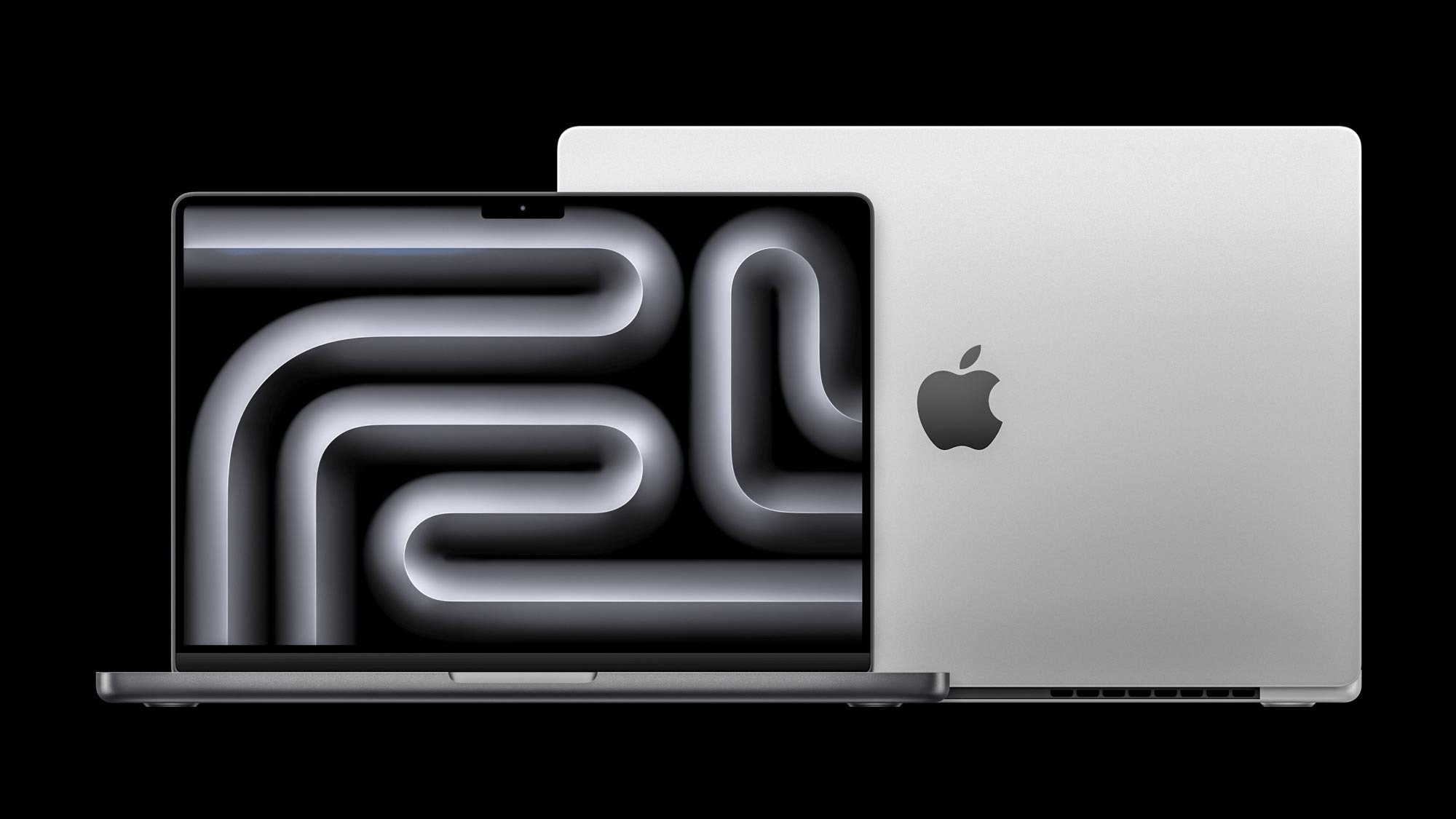
Apple has just announced a new batch of MacBook Pro laptops featuring the company’s M4 chip.
The M4-driven iPad Pro launched earlier this year, so M4 MacBook Pros were inevitable. But even if this news isn’t exactly surprising, the new MacBook Pros promise a slew of exciting features.
Below, we’ll detail all the biggest upgrades coming to MacBook Pro M4 laptops and how they compare to the existing MacBook Pro M3 lineup. Should you upgrade or are the current M3 notebooks still good enough for your needs?
Read on to find out about the biggest upgrades coming to MacBook Pro M4 laptops.
Apple M4 chip
The Apple M4 chip is the most significant upgrade coming to the MacBook Pro line. As with the Apple M3 chip, the new processor comes in three flavors: the M4, M4 Pro and M4 Max. Apple says all the M4 processors will deliver stronger performance and better energy efficiency than their respective predecessors.
The vanilla M4 chip packing 10 CPU and 10 GPU cores supports up to 32GB of unified memory (RAM) and has a higher memory bandwidth of 120GB/s. Laptops with this chip can support two external displays in addition to the built-in display. M4 now supports up to four Thunderbolt 4 ports.
Next, we have the M4 Pro chip, which has up to a 14-core CPU and up to 20 GPU cores. Apple says MacBook Pros with this chip will benefit researchers, developers, engineers and creative professionals who have demanding workflows. M4 Pro supports up to 64GB of RAM and 273GB/s of memory bandwidth, which Apple claims is a 75% increase over M3 Pro. This chip promises to make games like Control will look and run their best thanks to hardware-accelerated ray tracing and faster 3D rendering.
Get instant access to breaking news, the hottest reviews, great deals and helpful tips.
The M4 Max should be the titan of the M4 class. This monster chip has up to a 16-core CPU and up to a 40-core GPU, which Apple says is 2.2 times faster than the CPU and 1.9 times faster than the GPU in the M1 Max chip (respectively). M4 Max supports up to 128GB of RAM and up to 546GB/s of memory bandwidth. Like the M4 Pro chip, M4 Max supports Thunderbolt 5 with up to 120GB/s data transfer capability.
These specs might not mean much to the average person. But if you need a powerful MacBook Pro for video editing, gaming, engineering and more, the promised power of the M4 chips is no doubt riveting.
Nano-texture display option

If you like getting work done outdoors, you’ll be pleased to know that all MacBook Pro M4 models have a nano-texture display option. If this feature works as well on MacBook Pros as it does on the current iPad Pro, then you should see fewer glares and reflections. While this isn’t the OLED option some have wanted, it’s a nice option to have at checkout.
Regarding the display, Apple says the MacBook Pro’s screen offers 1,600 nits of peak HDR brightness. Certain parts of the displays on the M3 MacBook Pros we tested almost hit 1,600 nits of HDR brightness, so this claim doesn’t seem unrealistic. As things stand, you should be able to comfortably see everything on the MacBook Pro’s display, whether you’re under direct sunlight or in a dark room.
24-hour battery life
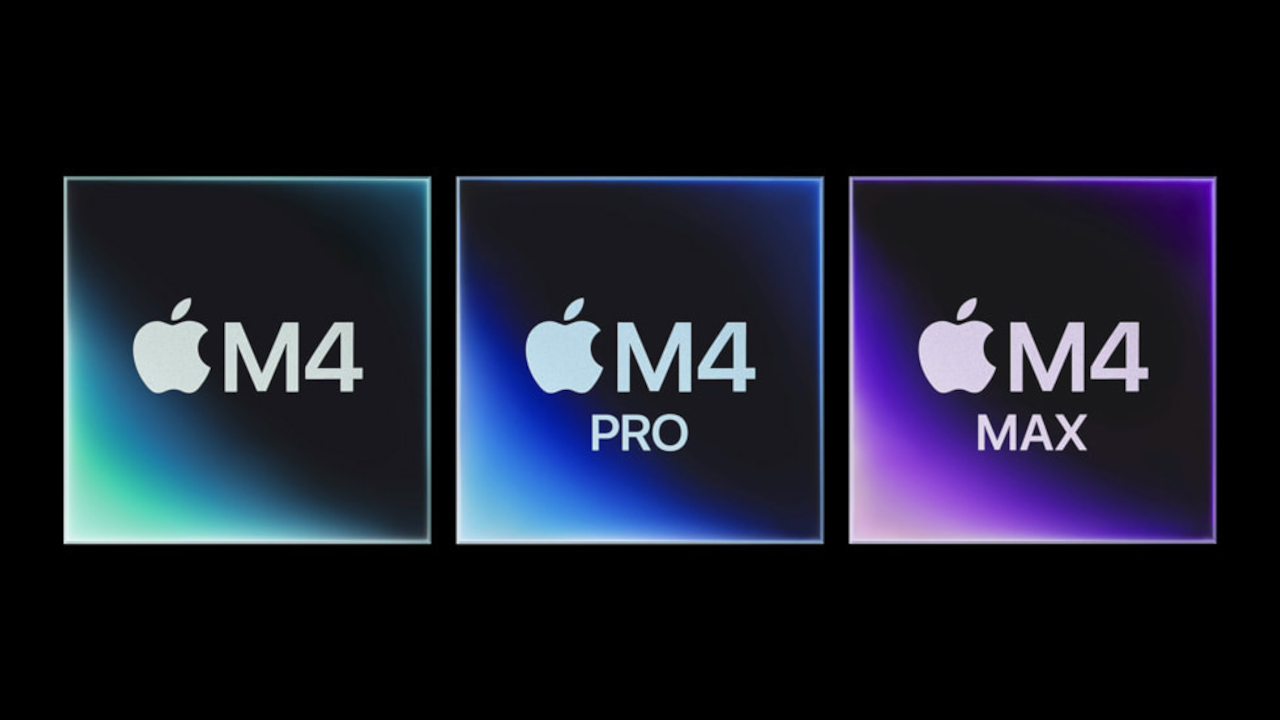
MacBooks with M-series chips set a new standard for laptop battery life, lasting 12 hours at a minimum and nearly 19 hours on the higher end. M4 MacBook Pros promise to last much longer.
According to Apple, its Pro M4 laptops have 24 hours of battery life. For reference, the longest-lasting consumer laptop we’ve tested is the Snapdragon X Elite-powered Dell XPS 13, which endured for a mind-boggling 20 hours and 51 minutes. If Apple’s claims are true, the M4 chip is going to raise the ceiling on battery life.
Thunderbolt 5 support
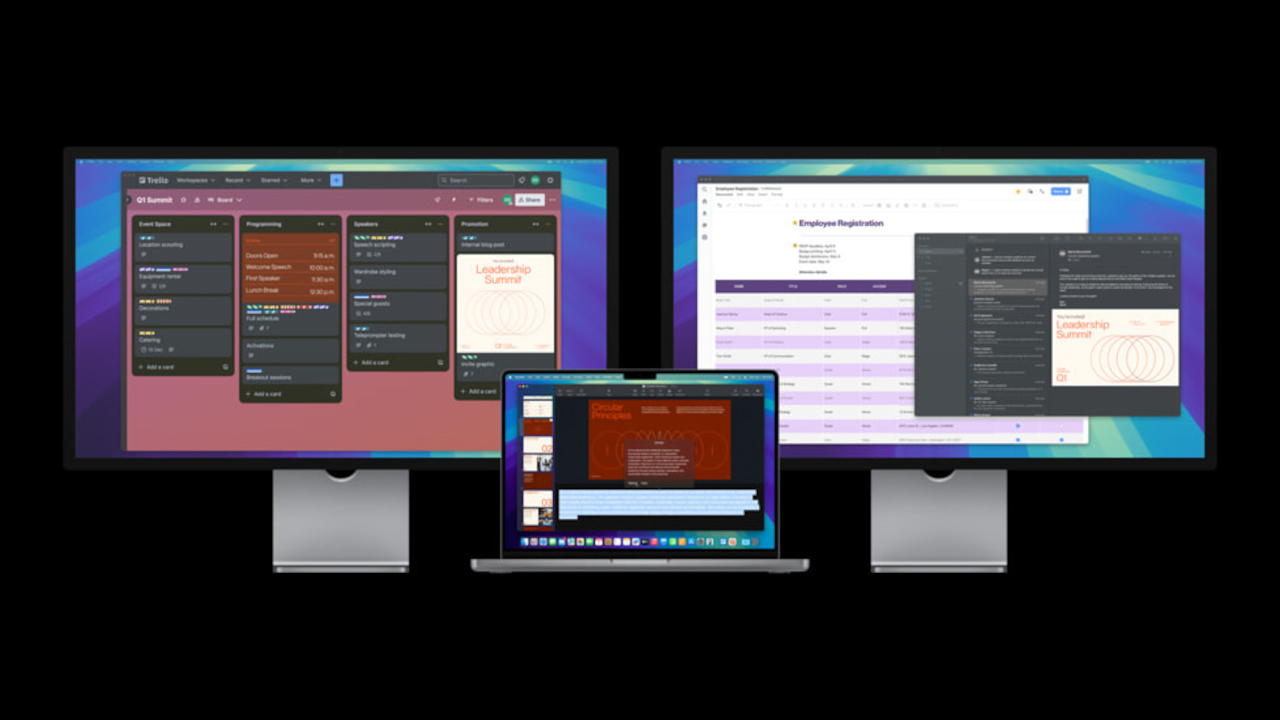
MacBook Pros with the M4 Pro and M4 Max chips feature Thunderbolt 5 ports which more than double data transfer speeds up to 120GB/s over Thunderbolt 4. This will enable faster data transfer speeds and higher power output, which is useful for turning the MacBook Pro into your primary office computer.
Regarding ports, all MacBook Pro models have an HDMI port that supports 8K resolution, an SDXC card slot, a MagSafe charging port and a 3.5mm headphone jack. The laptops also support Wi-Fi 6E and Bluetooth 5.3.
New 12MP Center Stage camera
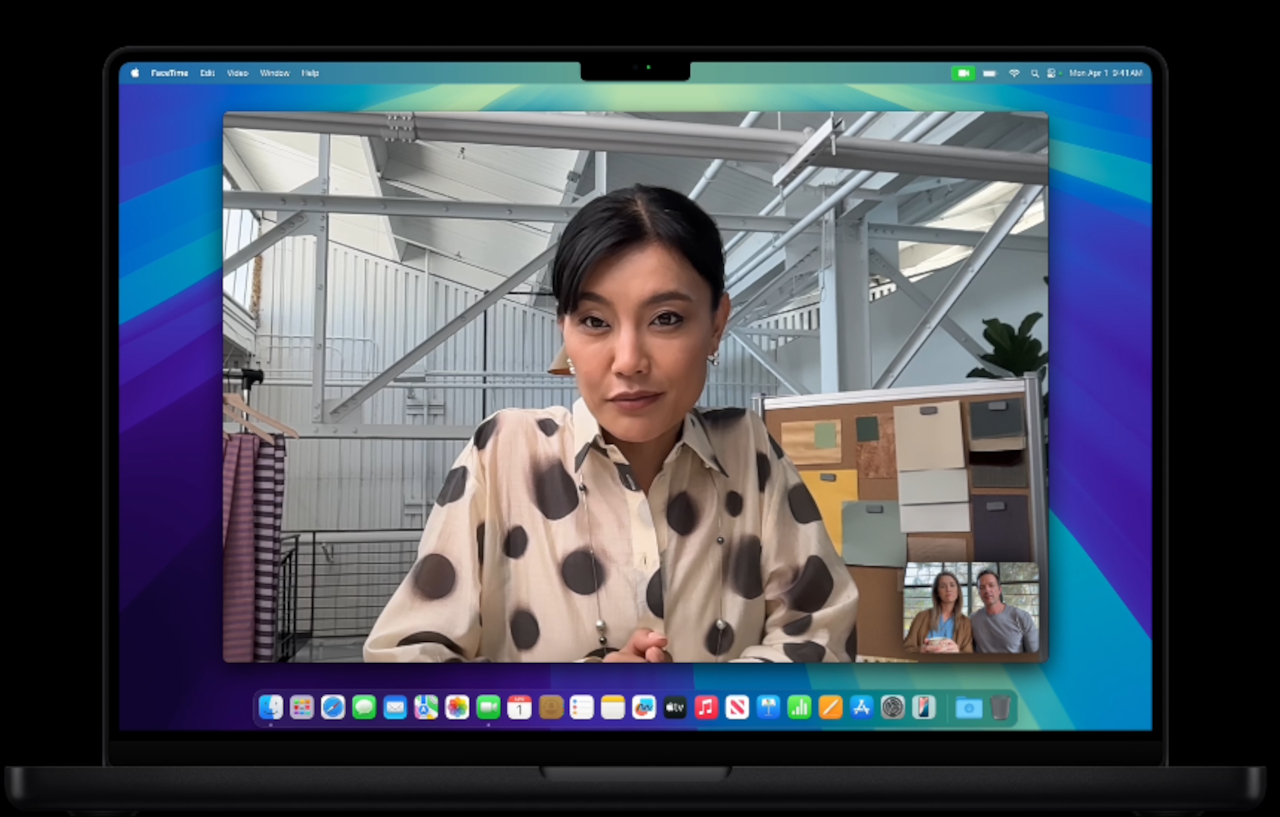
The new MacBook Pro models now sport an upgraded 12MP Center Stage camera. Not only will this camera follow you around, but video calls should also look sharper.
As its name suggests, the Desk View feature lets you share what’s on your desk with those you’re video conferencing with. Thanks to that, you won’t have to awkwardly hold up items in front of the camera for folks to see.
A better Apple Intelligence
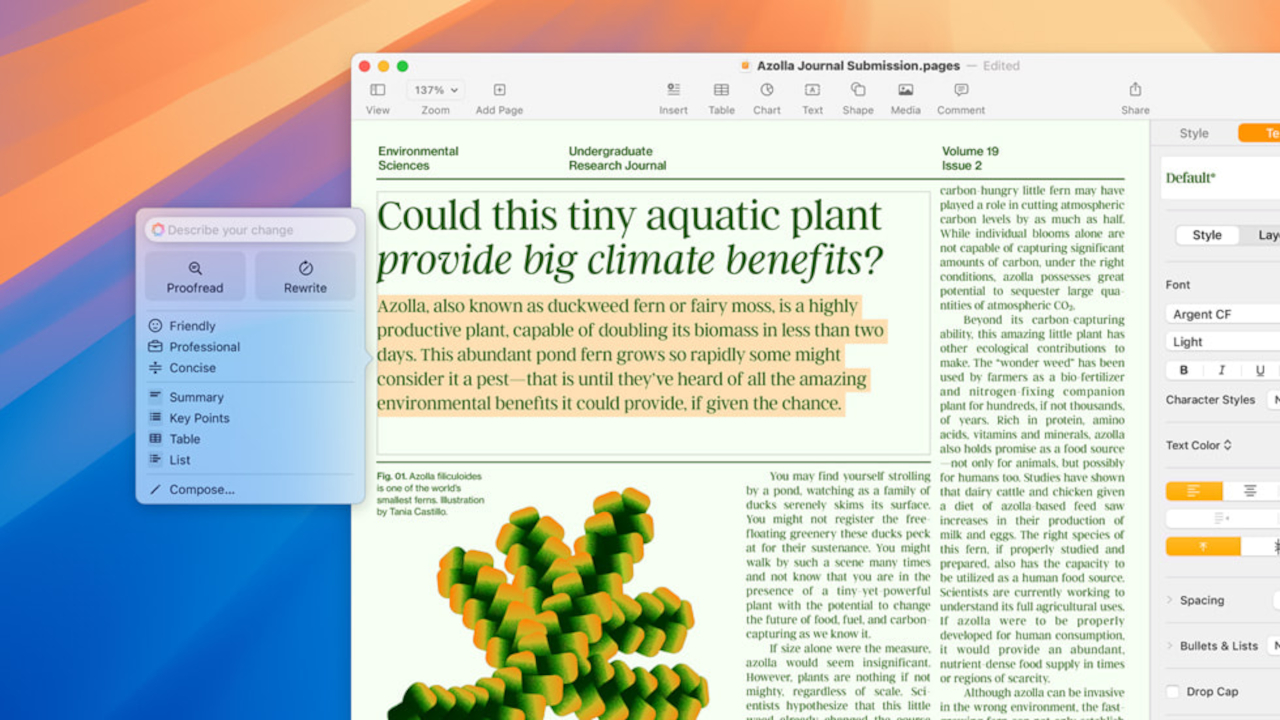
As expected, Apple boasted about how the M4 chip will enhance Apple Intelligence. We didn’t see much here that we haven’t before, but Apple says Apple Intelligence will benefit all MacBook Pro M4 users.
As I’ve discussed before, Writing Tools is my favorite Apple Intelligence feature because it’s basically like having a personal editor. Writing Tools can help improve your writing by proofreading, rewriting or changing the tone of what you’ve written. This can help with something as lofty as a manuscript or as simple as an email.
I’m curious to see how Writing Tools, the updated Siri and other Apple Intelligence features will function on M4 MacBooks in comparison to M3 notebooks. If they function as intended, perhaps it might change my skepticism about generative AI.
Outlook
We’ll have a better idea of what the new MacBook Pro M4 laptops are capable of after we’ve tested them. But based on what Apple announced, these have the potential to be the best MacBook Pros yet.
The promised power and energy efficiency of the M4 chip is exciting, and options like nano-texture glass, Thunderbolt 5 and the new 12MP webcam seem useful. The promised 24 hours of battery life is also thrilling. And hopefully, these MacBook Pros can make meaningful use of Apple Intelligence.
More from Tom's Guide
- I ditched my Windows PC for a Mac for the first time in almost 20 years — here’s why
- Forget M4 MacBooks — save up to $500 on these early Black Friday MacBook deals
- M4 MacBook Air launch timing just tipped in new report

Tony is a computing writer at Tom’s Guide covering laptops, tablets, Windows, and iOS. During his off-hours, Tony enjoys reading comic books, playing video games, reading speculative fiction novels, and spending too much time on X/Twitter. His non-nerdy pursuits involve attending Hard Rock/Heavy Metal concerts and going to NYC bars with friends and colleagues. His work has appeared in publications such as Laptop Mag, PC Mag, and various independent gaming sites.
